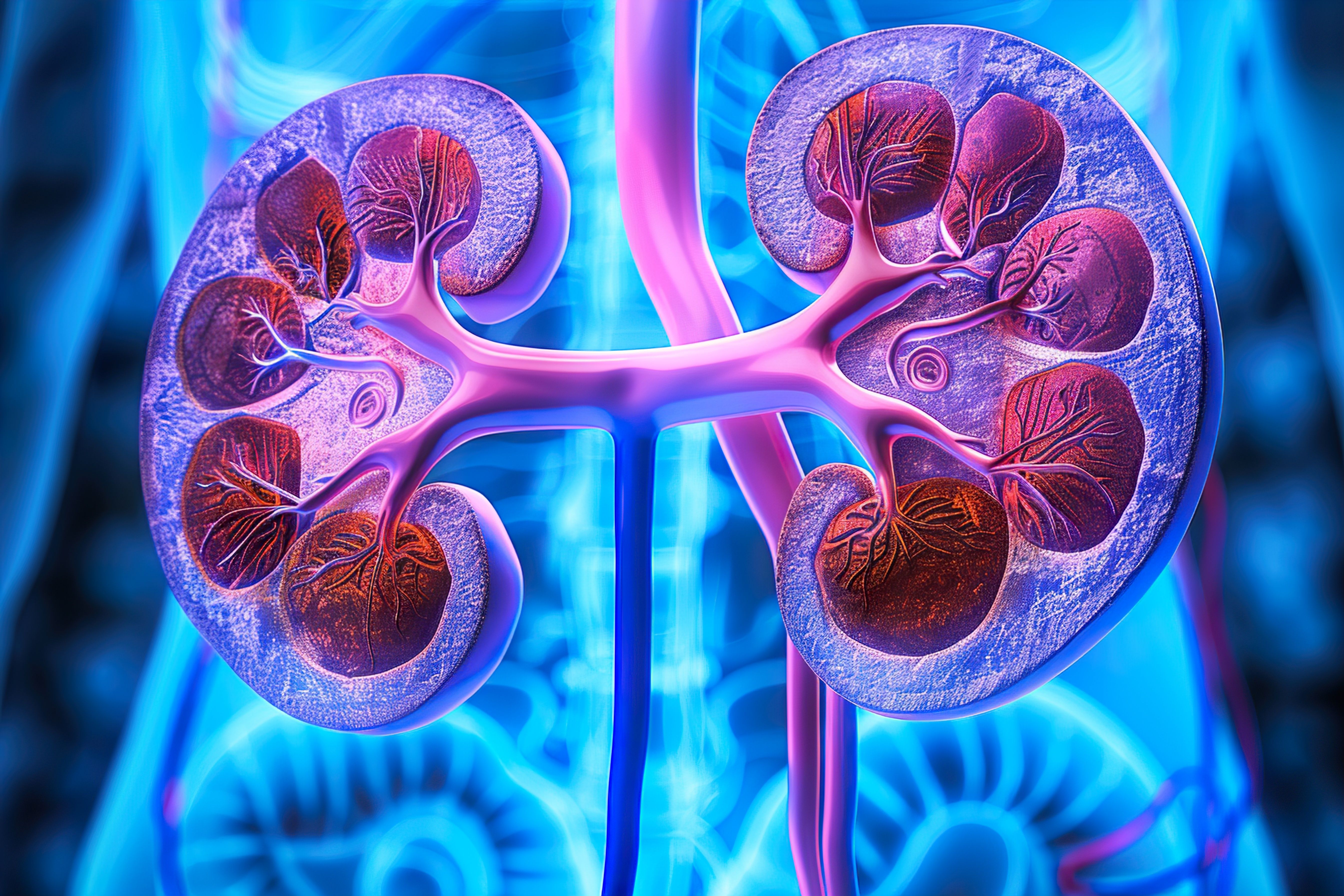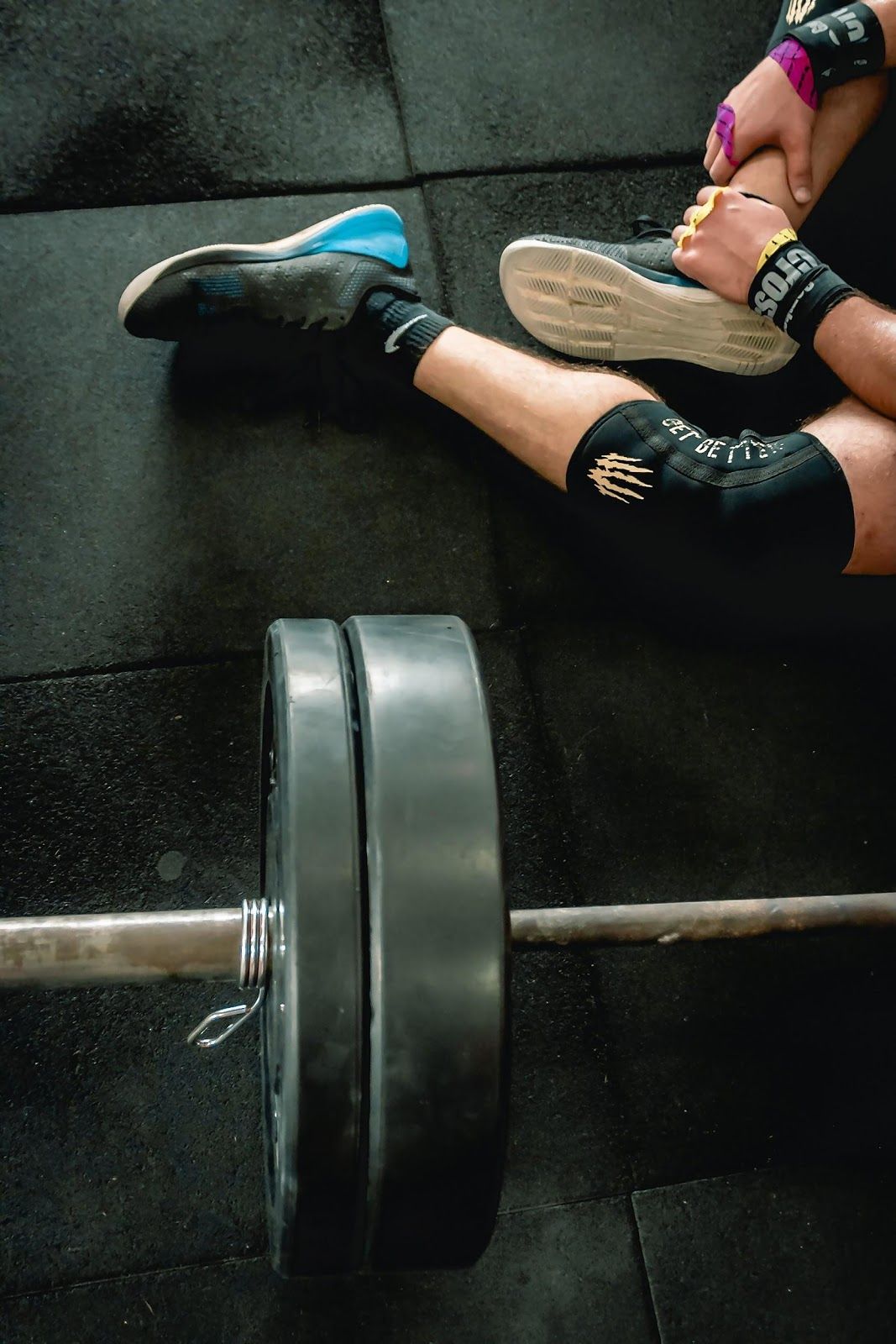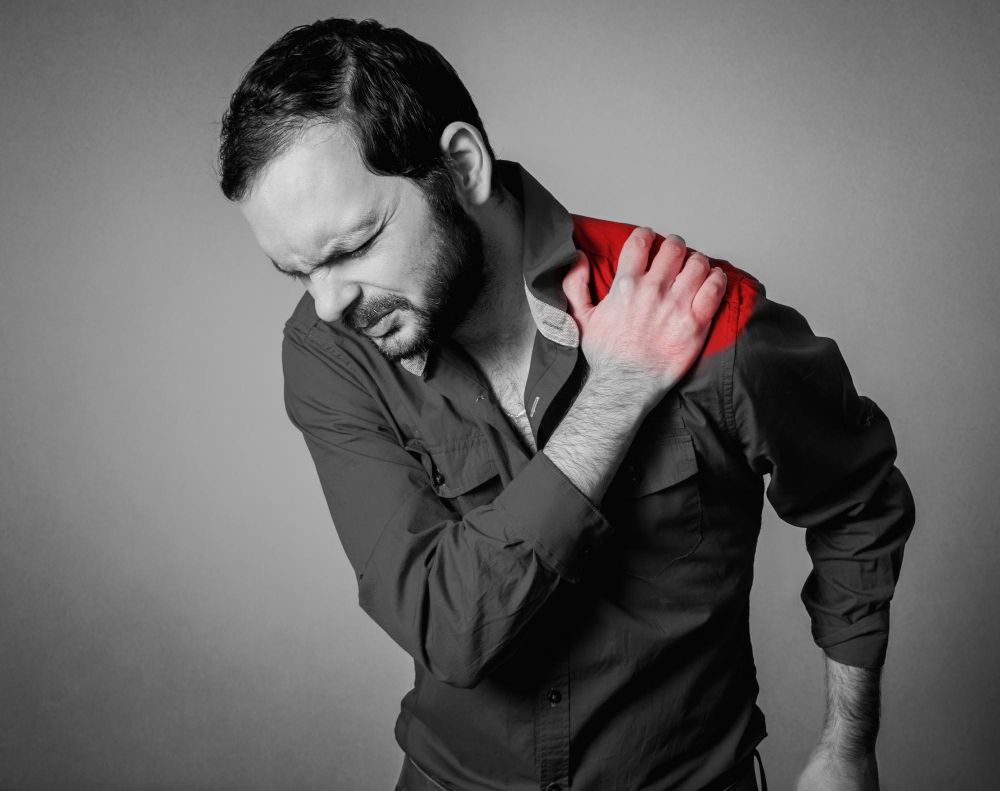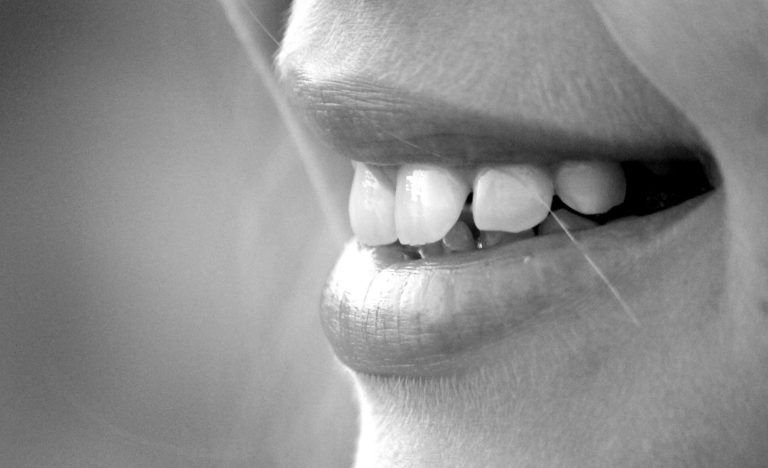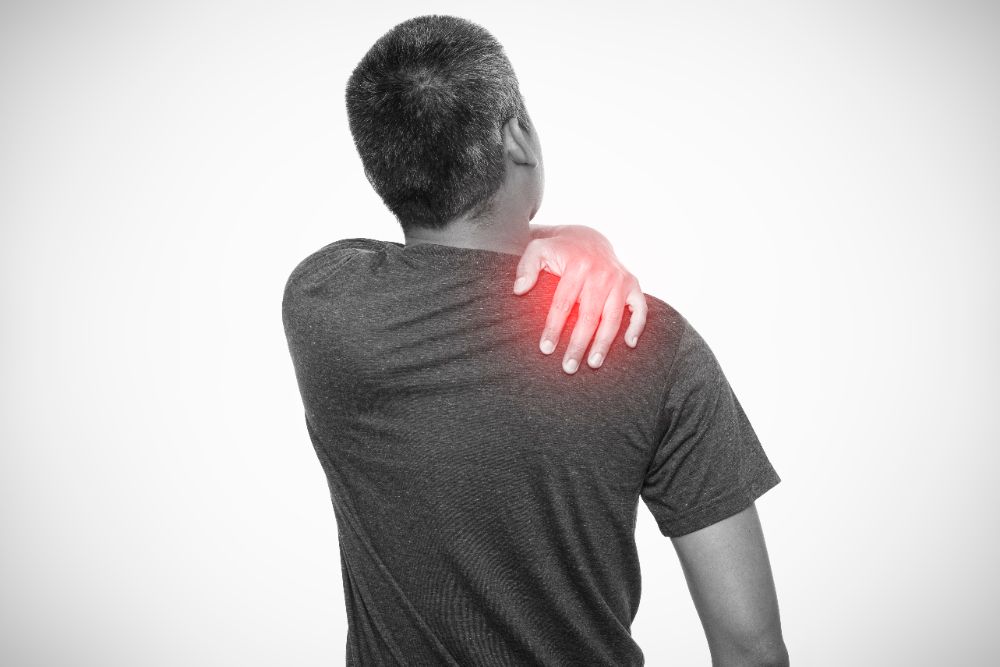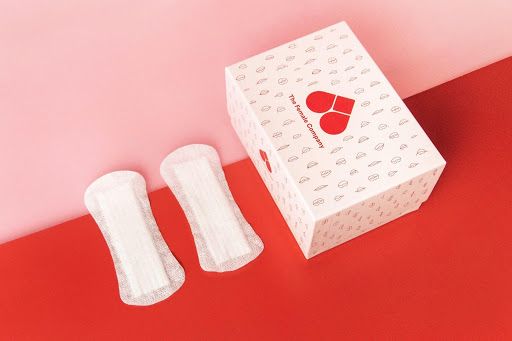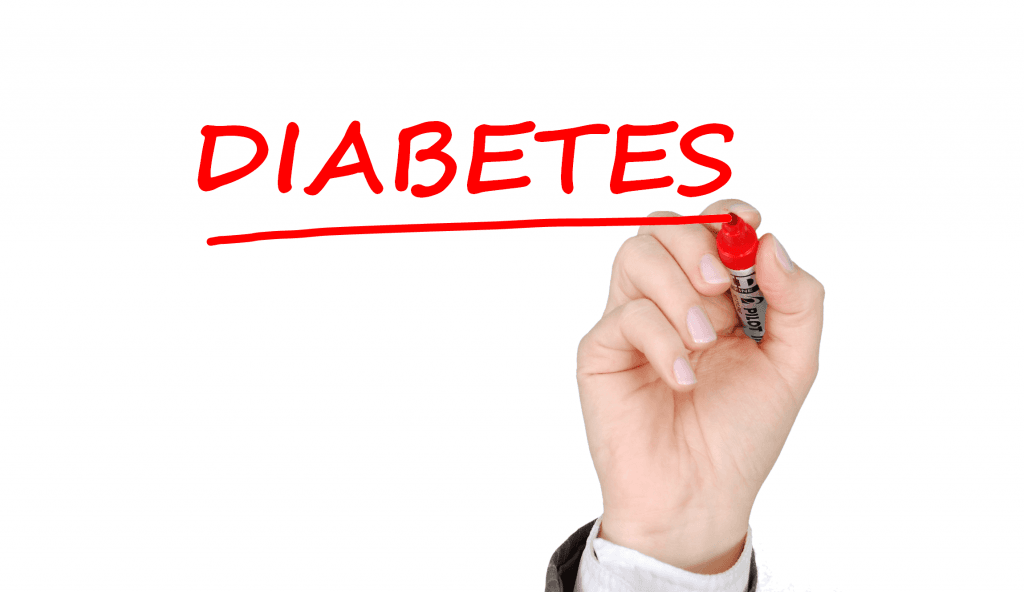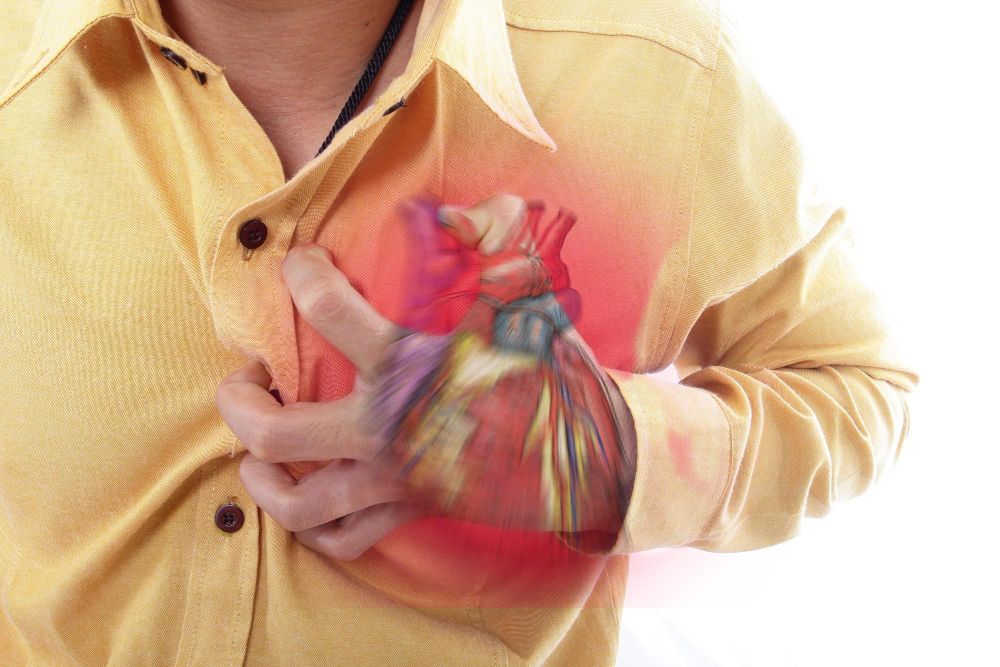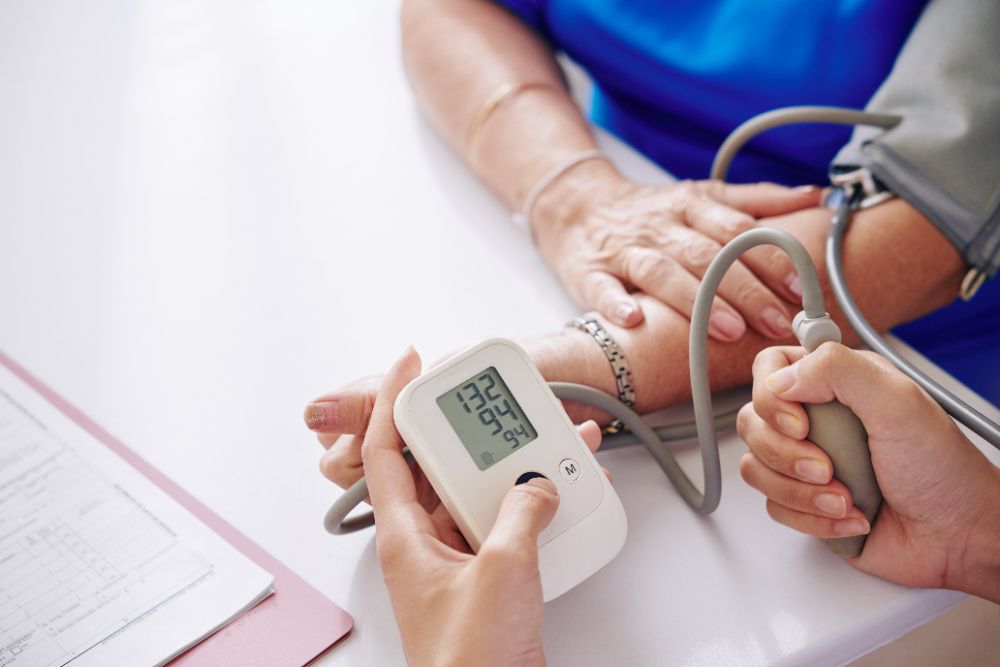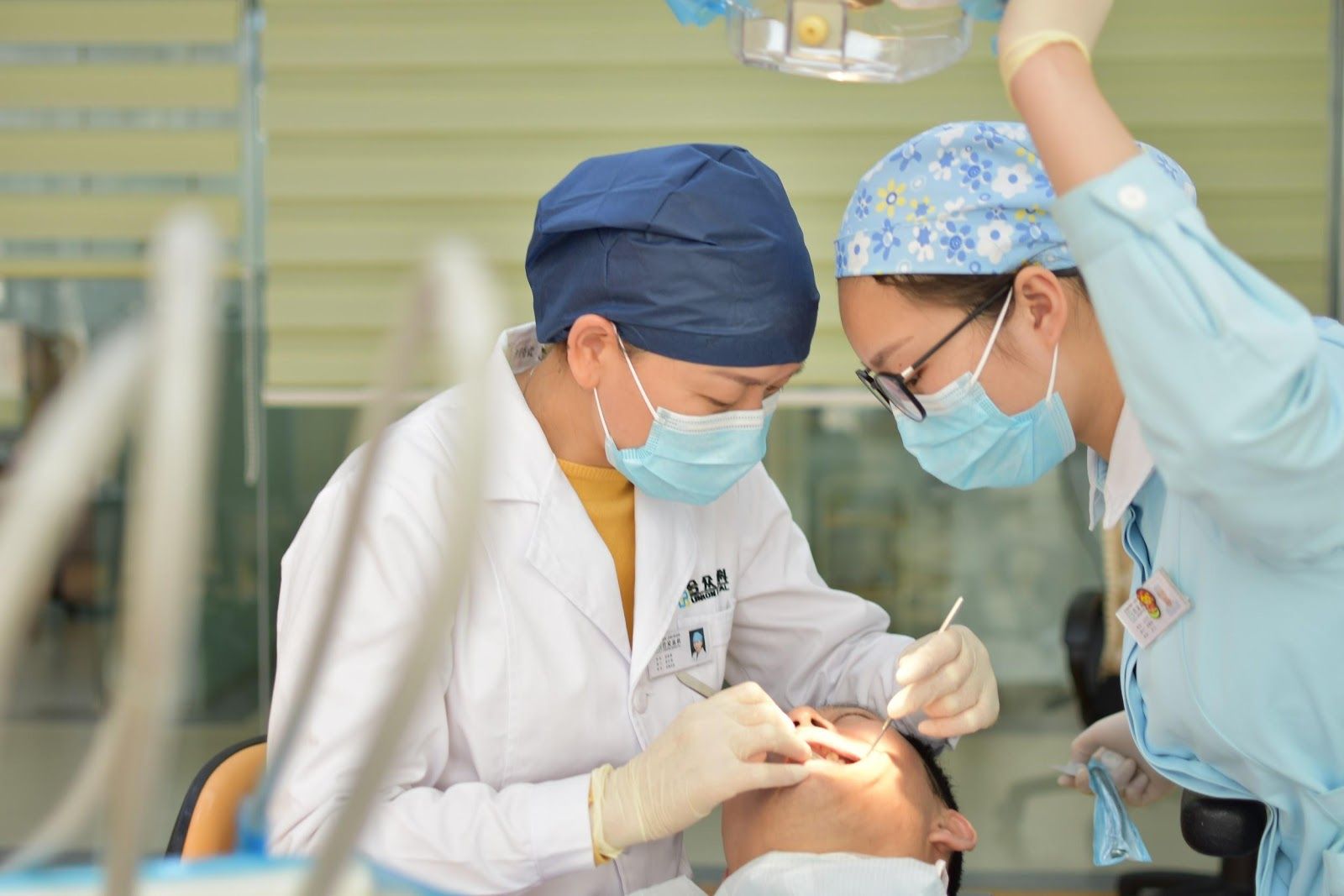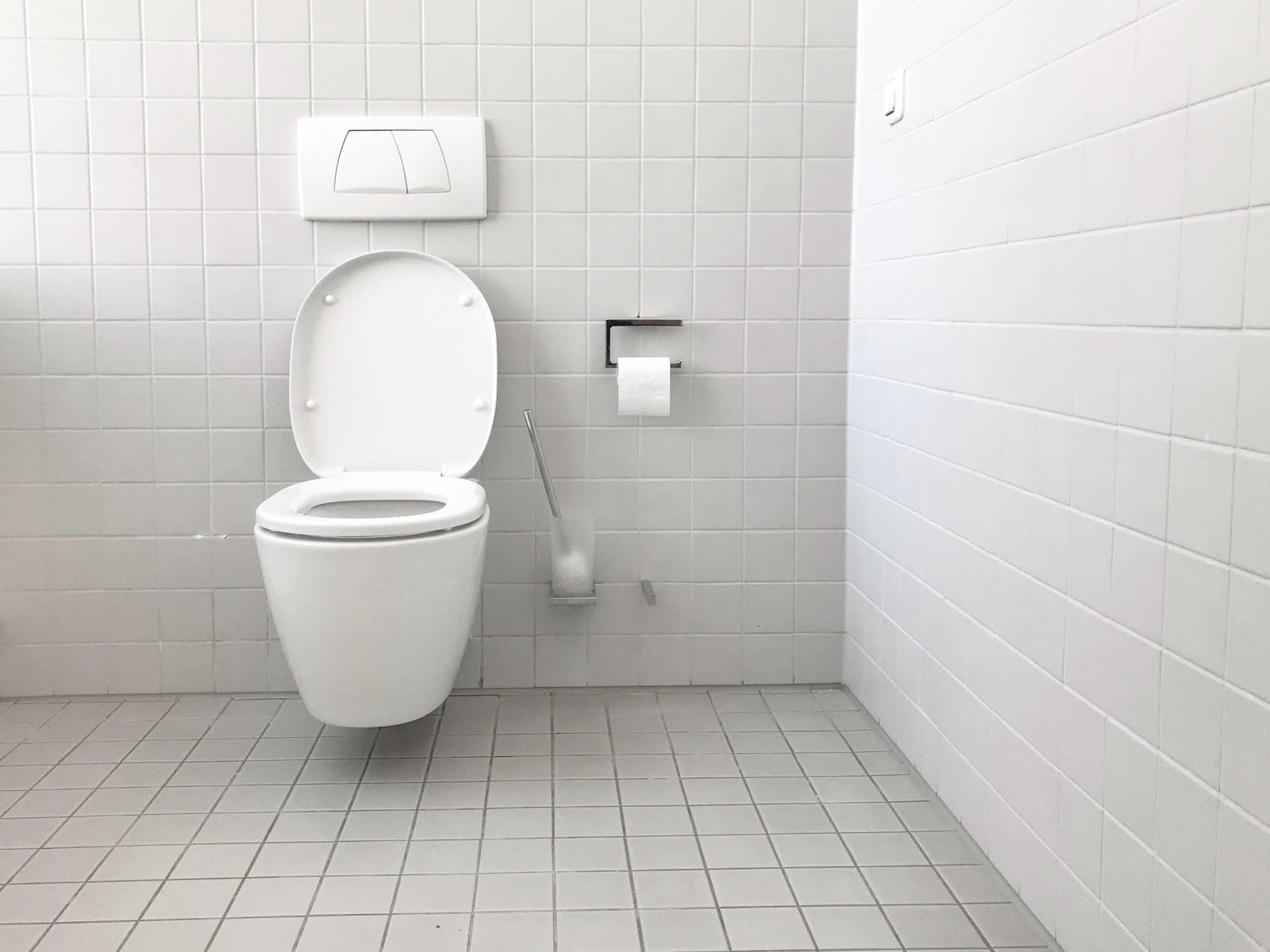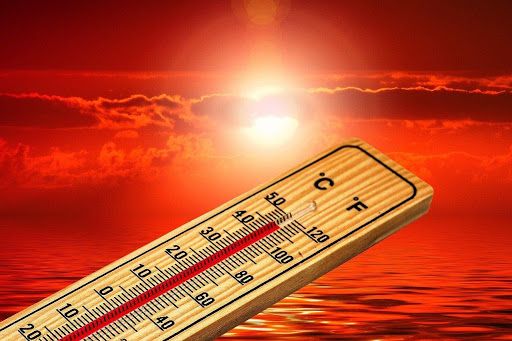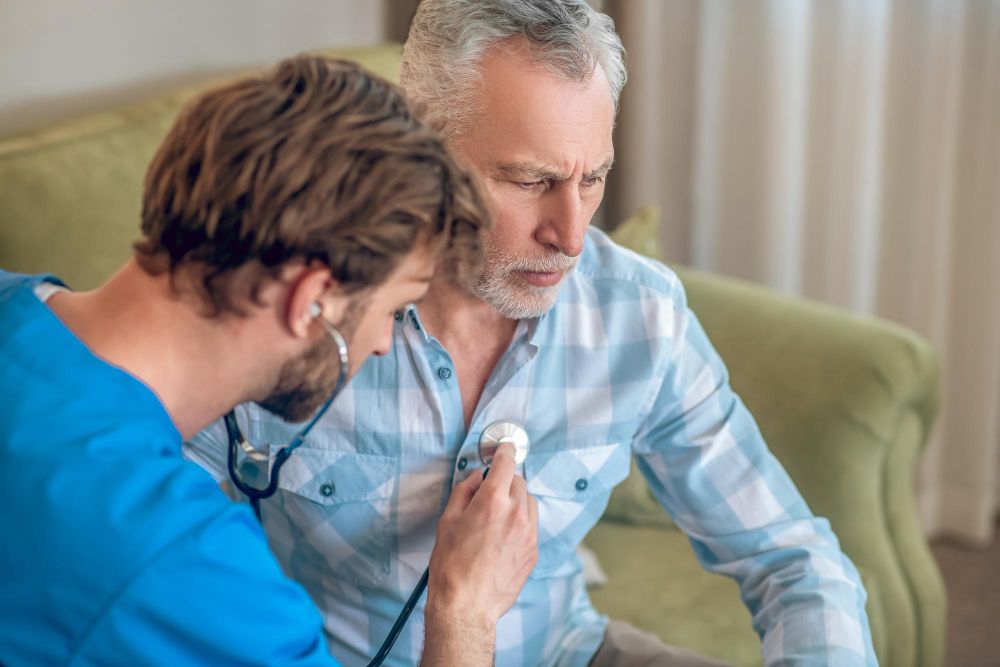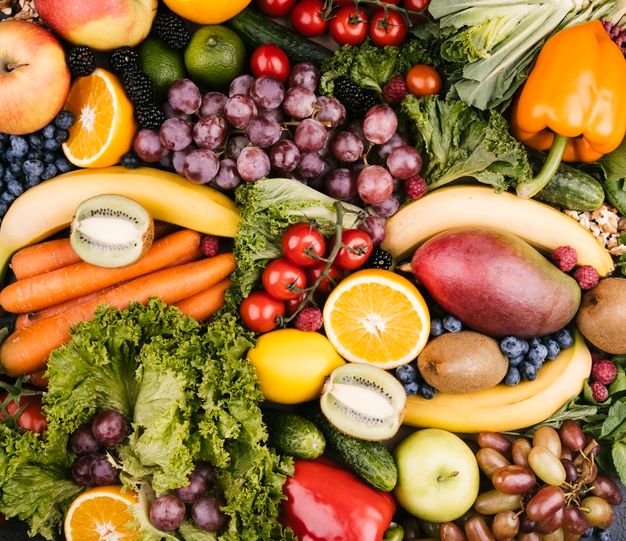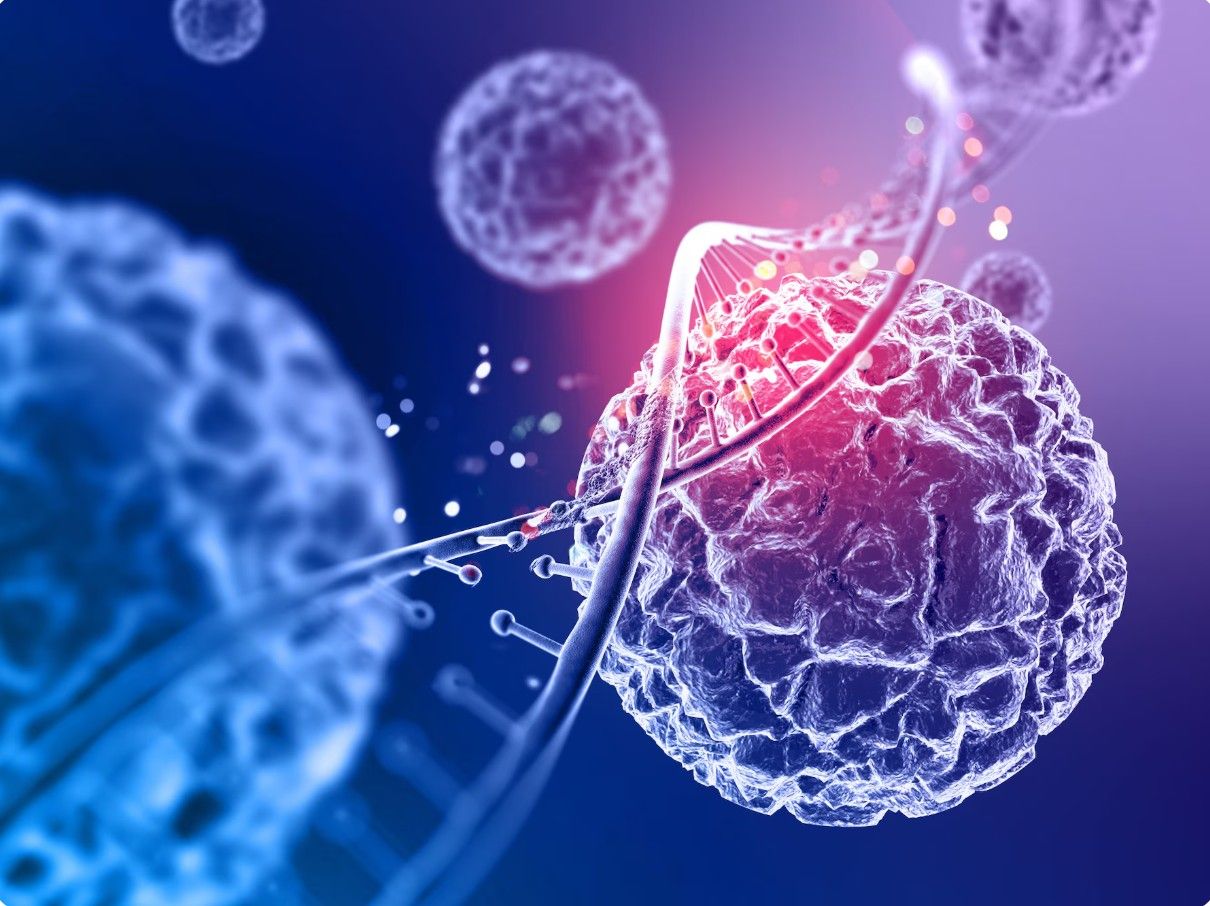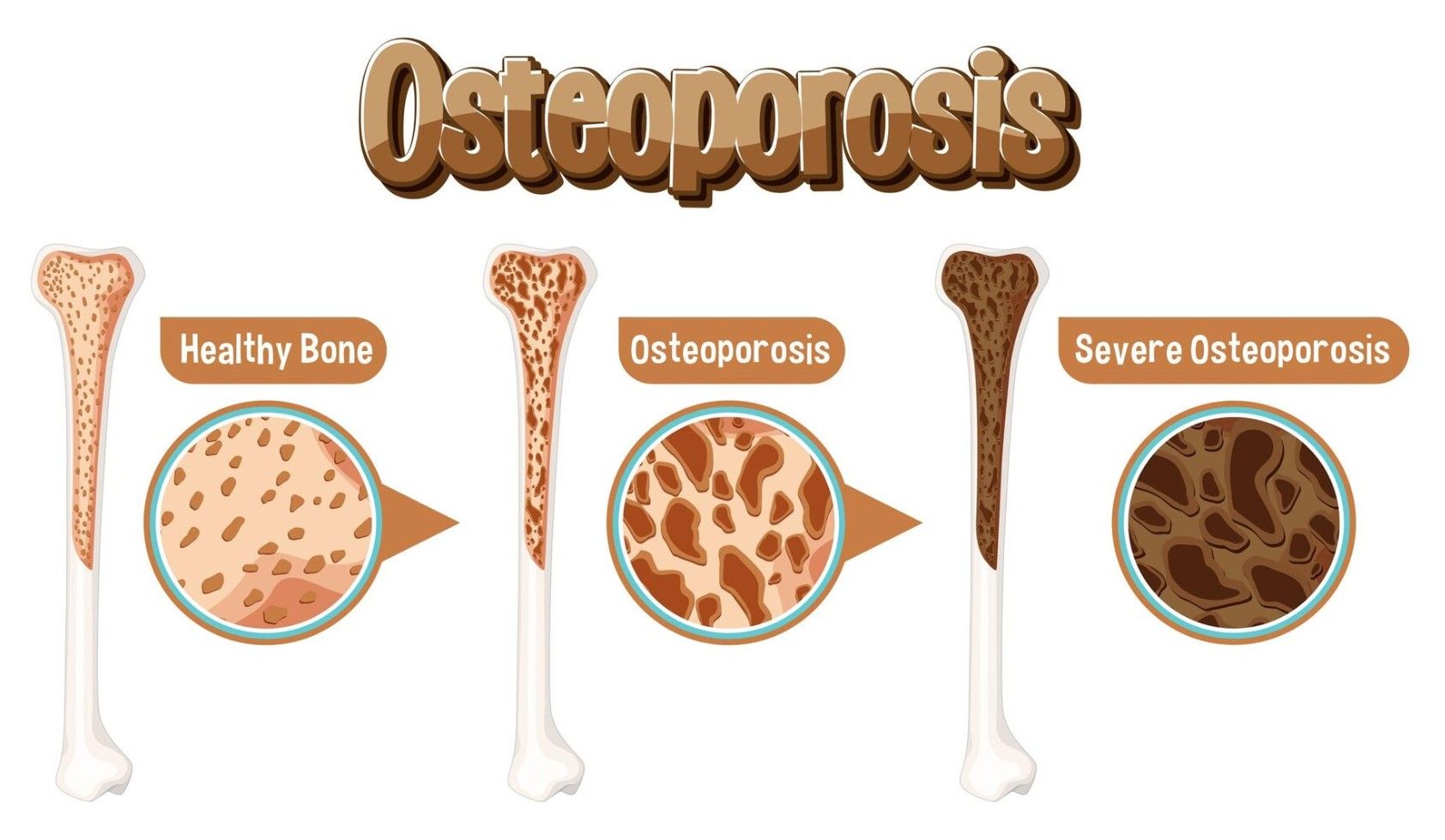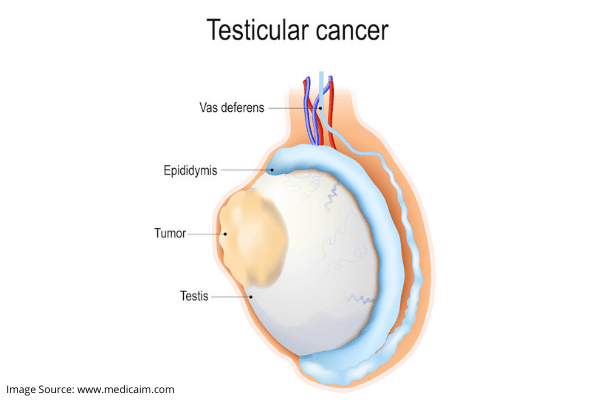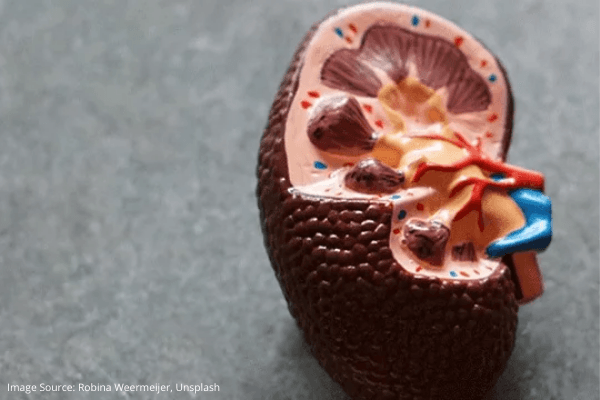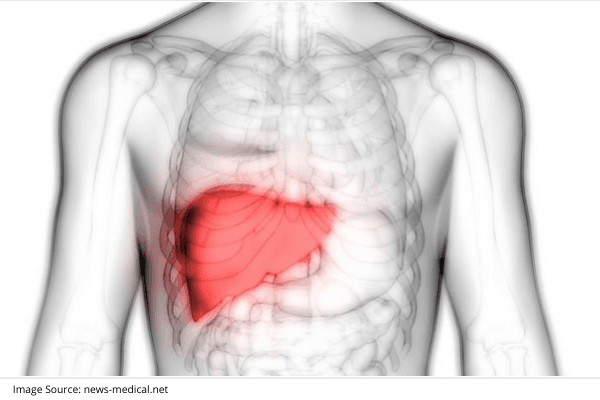Polycystic Kidney Disease
PKD is the abbreviated form of Polycystic Kidney Disease, a genetic disease that characterizes the growth of many fluid-filled cysts in the kidneys. These cysts are typically benign but have the potency to grow and multiply. As a result, the kidneys expand and have impaired functional capability. PKD affects millions of people worldwide and, if not well treated, could lead to hypertension and kidney failure.
It is the most common hereditary kidney disease and exists in two major forms:
- Autosomal Dominant Polycystic Kidney Disease (ADPKD)
- Autosomal Recessive Polycystic Kidney Disease (ARPKD)
The size of cysts in the kidneys can be small to multiple numbers. Because the cysts are of varying sizes, they compress the tissue surrounding the kidney, which ultimately results in hypertension and kidney failure impaired kidney function. The growth of cysts keeps on increasing, making the kidneys enlarged and several times heavier than their original weight.
Even though the kidneys are mainly affected, PKD can cause problems in many other parts of the body, especially the liver, pancreas, and blood vessels.
Symptoms of Polycystic Kidney Disease
In the early stages of PKD, very few symptoms are noticed. However, as the size and number of cysts increase, symptoms start to develop. These may begin in mid-adult life for ADPKD but immediately at birth in ARPKD. Some common symptoms of PKD include the following:
- High blood pressure: Often one of the first manifestations of PKD, untreated hypertension, adversely affects kidney function.
- Pain: Due to enlarged kidneys or cyst rupture, you may experience dull or sharp pain in the back, sides, or abdomen.
- Blood in urine: The cyst can rupture and cause hematuria.
- Recurrent kidney infections:The infection occurs when the bacteria penetrate the fluid-filled cysts.
- Kidney stones: People who experience PKD are highly prone to developing kidney stones.
- Recurrent UTI: People suffering from PKD tend to have recurrent UTIs.
- If not detected in time and untreated: It may lead to progressive kidney failure.
- Other causes: These include failure of the kidneys, cysts in the liver, and other cardiovascular diseases like aneurysms.
Causes of PKD
PKD is caused by mutations in specific genes passed from one or both parents. In ADPKD, there is usually a mutation in either PKD1 or PKD2. These genes code proteins that aid in the development and functioning of kidney cells. Mutations in these proteins cause abnormal cyst development in the kidneys.
ARPKD causes cyst development due to mutations of the PKHD1 gene that controls the production of protein in the kidneys and liver.
Diagnosis
Imaging techniques are most commonly used to diagnose PKD. These include:
- Ultrasound imaging
- MRI or Magnetic Resonance Imaging
- If it exists in the family history, then genetic testing may also be recommended to confirm whether there are mutations in PKD1, PKD2, or PKHD1.
Treatment & Management
PKD typically has no cure, but the main focus of treatment is to prevent the onset of symptoms and slow the progression of kidney damage.
- Lifestyle modification: Healthy lifestyle changes, such as a low-sodium diet, regular exercise, and non-smoking, may delay the progression of PKD.
- Blood pressure control: Blood pressure must be kept within normal limits since high blood pressure hastens renal damage.
- Pain relief: Over-the-counter or prescription analgesics can be given to control pain. In severe cases, cyst drainage or surgery is necessary.
- Infections prevention and treatment: Infections, such as UTIs and kidney infections, must be treated with antibiotics as soon as possible to prevent further damage to the kidneys.
- In case of progressive kidney failure: Certain medications like Vaptan can help in slowing down the rate of progressive kidney failure.
- Dialysis or kidney transplant: When the disease reaches advanced stages, the kidneys may completely stop functioning, and a person would need either dialysis or a kidney transplant.
Ten Effective Remedies That You Can Refer to When You Are Suffering from Muscle Cramps
Finally starting off with the gym life can get too overwhelming until you hit those muscle cramps along with the weights.
Skin Tags - Benign Tumor or Cancerous Tumor?
Skin tag if observed is a narrow stalk that hangs about your skin, bulging at the end. They are usually freshly colored and can grow anywhere on your body.
Rotator Cuff Tear
A rotator cuff tear is a rotator cuff injury that can cause shoulder pain and loss of arm function. The rotator cuff is a set of muscles and tendons in your shoulder.
Importance of Parental Counselling
Right from the moment you tell your friends and family about your pregnancy, little hints keep coming your way on parenting your unborn child!
Taking Care of a Terminal Patient? Here Are Six Ways to Help Them to the Fullest
A terminally ill patient is someone who has a relatively short life expectancy. Terminally ill people are usually shifted from an actively curative medicinal regime
Stages of Tooth Decay and Their Treatment Options
Tooth decay refers to the degradation process of the structure of the tooth resulting in permanent damage.
12 Home Remedies for Dry Cough
The flu, common cold, asthma, cigarette smoke exposure, and other conditions can all cause a dry cough. Home remedies such as honey, peppermint, and air purifiers may be beneficial.
Shoulder Dislocation
Shoulder dislocation occurs when the bones of your shoulder joint are pushed or forced out of their normal positions.
5 Facts to Keep in Mind for Your Monthly Menstruation Cycle
Our menstruation indicates multiple activities within your body. Every month, your uterus forms a thicker lining for the ovary to release an egg for a possible pregnancy.
Different Types of Diabetes
Junk food and increasing physical activity are leading to a worldwide epidemic of obesity, resulting in diseases like diabetes
Dilated Cardiomyopathy
Dilated cardiomyopathy is a form of heart muscle illness in which the heart chambers (ventricles) weaken and stretch, becoming bigger.
Hypertension (High Blood Pressure)
High blood pressure, also known as hypertension, is a condition in which the blood flow against the inner walls of the arteries is persistently high.
3 Cosmetic Dentistry Procedures You Did Not Know About
Over the past few years, cosmetic dentistry has undergone significant evolution in society. With the increasing demand for cosmetic dentistry, it is no longer a luxury; it has become a necessity.
5 Lifestyle Changes That Will Help with Your Urinary Incontinence
Urinary Incontinence is quite a painful and embarrassing condition to have. It refers to the loss of bladder control, which can vary from a slight release of urine after sneezing, coughing, or laughing, to a complete inability to control urination.
5 Tips This Summer to Avoid Heatstroke
Certain jobs demand fieldwork in the scorching heat. The warm weather, bright sun, and the blue skies are not always an excellent working environment for them at all.
6 Home Remedies for Yeast and Vaginal Infections
Yeast infection is common among women. You might have had the experience of irritating soreness and itching that prolonged for days due to not knowing about the cause.
Aortic Dissection
An aortic dissection is a tear in the aorta. This is the primary artery that transports oxygen-rich blood from your heart to the rest of your body.
Bariatric Surgery and Weight Loss
Bariatric surgery, also known as weight loss surgery, is performed on individuals suffering from obesity. It involves a variety of procedures that help maintain long-term weight loss and also aid in treating obesity.
Best Foods to Cleanse Your Liver
Your liver is one of the largest organs in your body and its primary function is to filter the system by converting toxins to waste products, cleansing your blood and process various nutrients.
Infertility and its Major Causes and Treatments
Infertility is an issue that’s on the rise – not just in India but all over the world. It’s estimated that, on average, one out of every six couples has had issues with infertility.
Precautions to be Taken to Avoid Eosinophilia
Let’s begin with talking about eosinophils – they are just a type of white blood cells that are laden with reactive chemicals which get released under specific conditions to cause mayhem in the body
What is BMD Assessment and its Significance in Treating Osteoporosis
Osteoporosis is that creepy monster lurking in the dark, waiting to manifest itself as you age and get less active.
Signs of Testicular Cancer
Men have a pair of testicles located in a sac-like pouch called the scrotum. It forms part of their reproductive system and are responsible for sperm production.
Signs and Symptoms of Kidney Stone
Your kidneys are very important organs in the body; they regulate water content, filter waste from blood, and produce hormones.
Treatment For Liver Failure
Treatment for liver failure depends largely on the causative agent; for example of it’s due to hepatitis virus infection, then hydration and supportive care needs to be provided while the body’s immune system fights back. If it’s due to gallstones,
Related Blogs
Ten Effective Remedies That You Can Refer to When You Are Suffering from Muscle Cramps
Finally starting off with the gym life can get too overwhelming until you hit those muscle cramps along with the weights.
Skin Tags - Benign Tumor or Cancerous Tumor?
Skin tag if observed is a narrow stalk that hangs about your skin, bulging at the end. They are usually freshly colored and can grow anywhere on your body.


